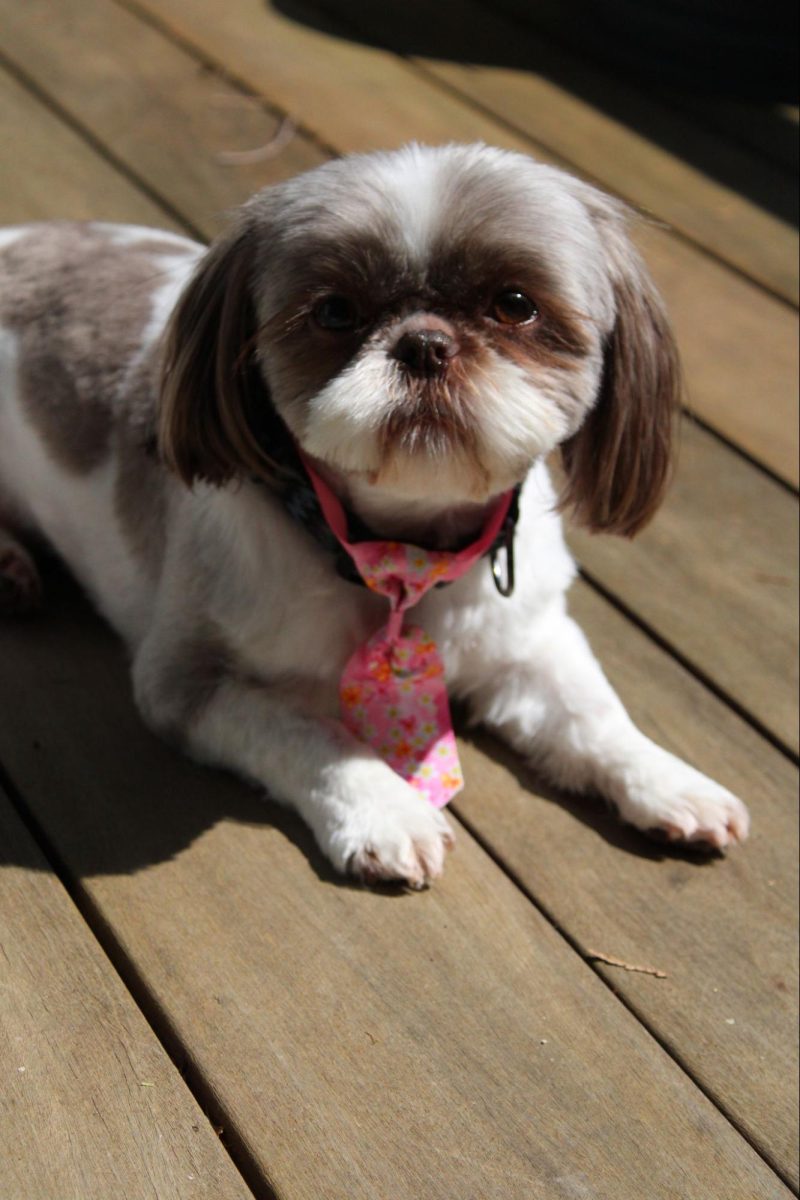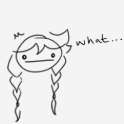Wrong Place to Hate
Anti-Asian Sentiment during the Pandemic
May 5, 2020
As an Asian-American woman living on the west coast, I think it’s likely that the racism I’ve experienced is small compared to many who live in other parts of the country, where the concentration of Asian populations is relatively low. I’ve gotten the “ching chang chong,” the “you people eat cats and dogs,” and the “Chinese middle finger” plenty, but it’s mainly harmless. At my old school in Pennsylvania, where I was one among three Asian kids in my grade, I learned to laugh off the comments, to say it didn’t bother me. I guess it didn’t. I thought I was white back then.
However, the anti-Asian sentiment I’ve noticed has risen over the past few months as the blame game surrounding the novel coronavirus puts the spotlight on us. On TikTok, people post videos of Asian people eating unconventional meats (read: anything that isn’t chicken, pork, or beef), with captions, “This is why we have coronavirus now.” “Chinese people are disgusting.”
I don’t know about everyone else, but the necessity of social distancing has made me paranoid, shifty eyes around corners. When I’m outside on the sidewalk, and I see someone 50 yards away cross the street to avoid me, it’s hard to know if they did that because I’m Asian or because they want to uphold the new moral standard of SIX FEET. Probably the second one, but how could anyone know? Maybe if I weren’t Asian, they would have waited until we were ten yards apart to cross the street.
The thing about being the “model minority” in America is that everyone thinks you don’t really count as a minority. The marginalized minorities think that we aren’t really oppressed, and the majorities think we’re the correct example of an immigrant, ones who have succeeded and haven’t been suppressed by racism, so funny jibes at our cultures, our faces, and our languages are fine because they’re not hurting anyone, are they? Turns out that the resentment of Asian otherness runs kind of deep. Among Asian adults around my parents’ age, it seems like even Asians hate Asians. To be reminded of our non-belonging – that, like John Cho said in the LA Times, “our belonging is conditional” – is the ultimate insult to any Asian immigrant who has worked for decades to shed themselves of the ching-chang-chong, noodle-slurping image. I’ve seen naturalized Asian Americans turning against their fellows in China, in an attempt to distance themselves from being considered a non-white.
Even among people who don’t hate Asians for spreading Covid-19 across the world, we are not seen as American. Just the other day, I was taking a walk with my sister, and we ran into a nice old couple, caucasian. As elderly tend to do, they engaged us in conversation (from a safe six-foot distance, worry not), telling us their entire life story. During the conversation, they asked us three times, in three different ways, about our American status. “Were you born here?” “Are you a citizen?” “Can you vote?” They were offhand questions, not interrogative. But they were surprised by the answer each time.
It’s a mindset held (close to the vest, mind you) by many people in this country that while Asians can assimilate, they can never truly become American. We’ll always be the rice-cooking man’s-best-friend-eating math aficionados who come from, vaguely, elsewhere and who are, vaguely, other.






